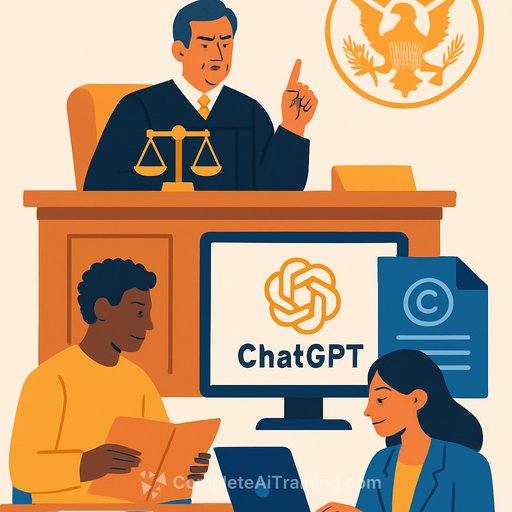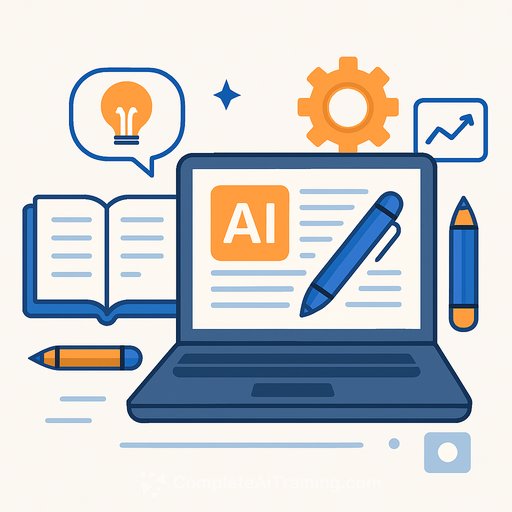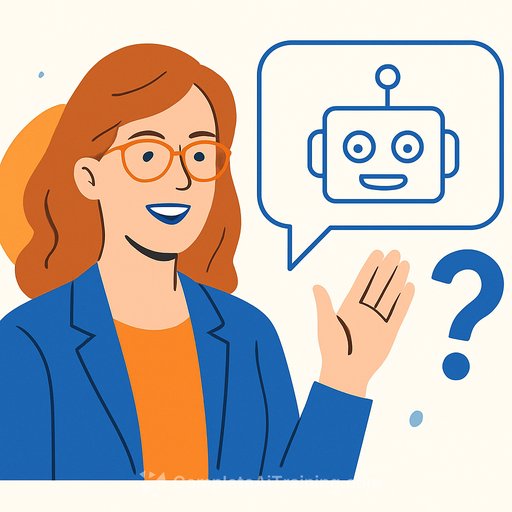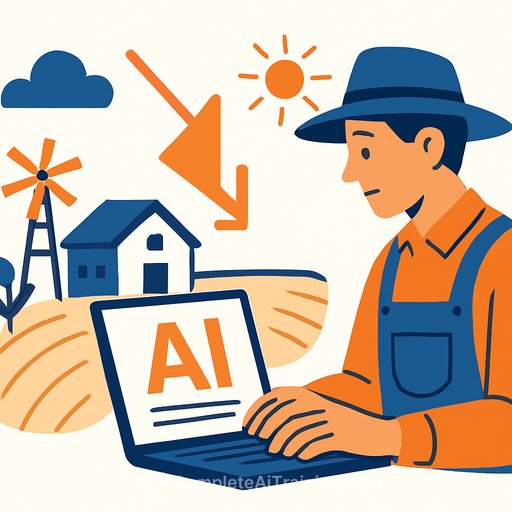US Writers Must Reveal Evidence Behind Claims Against OpenAI's ChatGPT
A US magistrate judge in New York has ordered writers accusing OpenAI of copyright infringement to disclose the information supporting their allegations that ChatGPT harms competition in the book market. This directive focuses on the need for concrete evidence to back claims that ChatGPT negatively impacts writers by regurgitating or substituting their works.
OpenAI argued that since writers repeatedly claim ChatGPT dilutes the market for their original content, they should be required to provide proof if they want those claims to hold weight. The court’s decision emphasizes transparency and the necessity of factual support in legal disputes involving AI-generated content and copyright.
What This Means for Writers
For writers, this ruling highlights the importance of having clear, documented evidence when making legal claims against AI companies. Alleging that AI tools like ChatGPT harm the market without proof can weaken a case and stall legal progress.
Writers concerned about how AI impacts their work should focus on gathering data that shows tangible effects on their sales, licensing, or market opportunities. This can include sales reports, market analyses, or examples where AI outputs closely mimic original works.
Why Evidence Matters in AI Copyright Cases
- Legal Standards: Courts require factual backing before ruling on claims of copyright infringement or anti-competitive behavior.
- Market Impact: Showing harm to the market requires more than opinions; it demands measurable consequences.
- Fair Defense: AI companies like OpenAI need to challenge unsupported claims to protect their products and innovation.
Writers looking to understand AI’s impact on publishing and copyright law can benefit from staying informed on ongoing cases and legal rulings. For those interested, resources on ChatGPT and copyright issues offer valuable insights.
As AI tools become more prevalent in creative fields, maintaining clarity about legal rights and responsibilities is crucial. Writers should also consider exploring AI courses that cover copyright and content creation to adapt confidently to this evolving landscape.
Your membership also unlocks:






